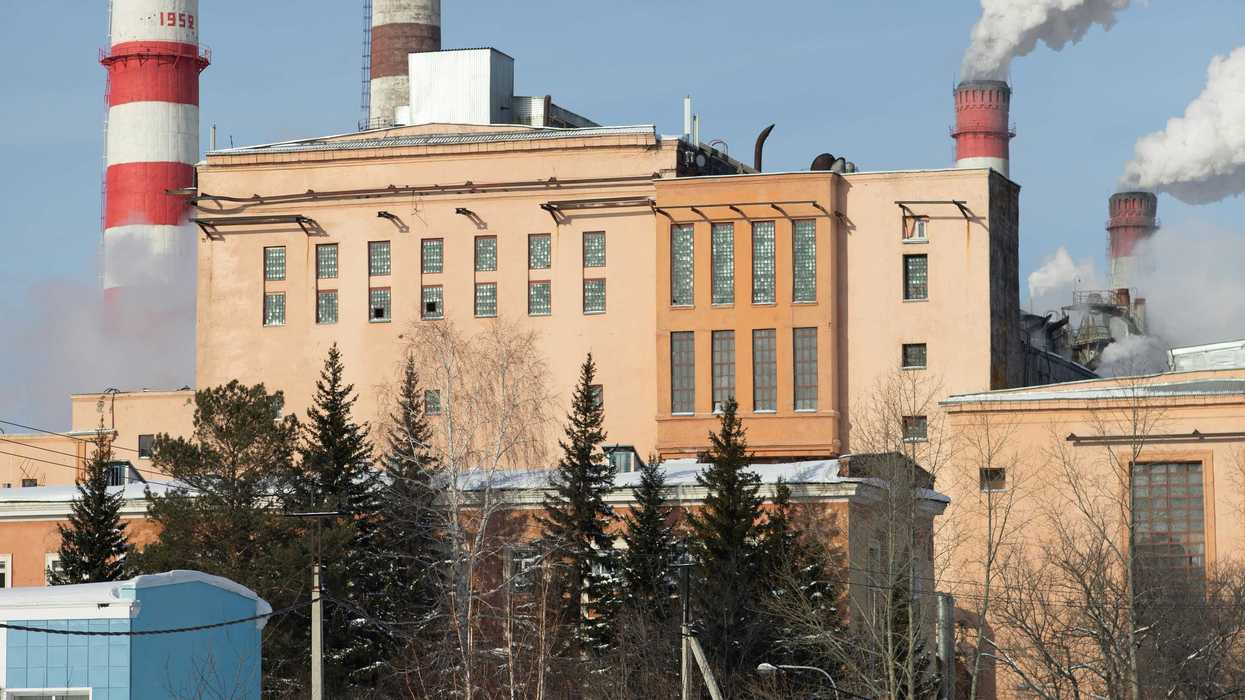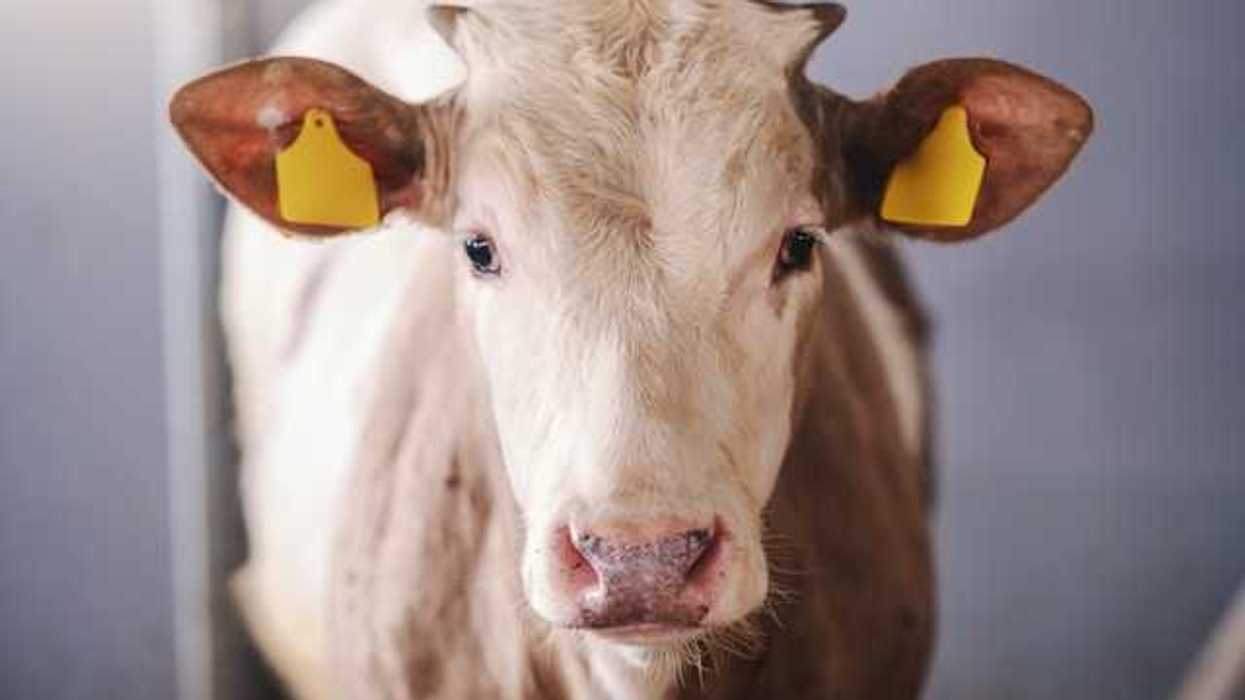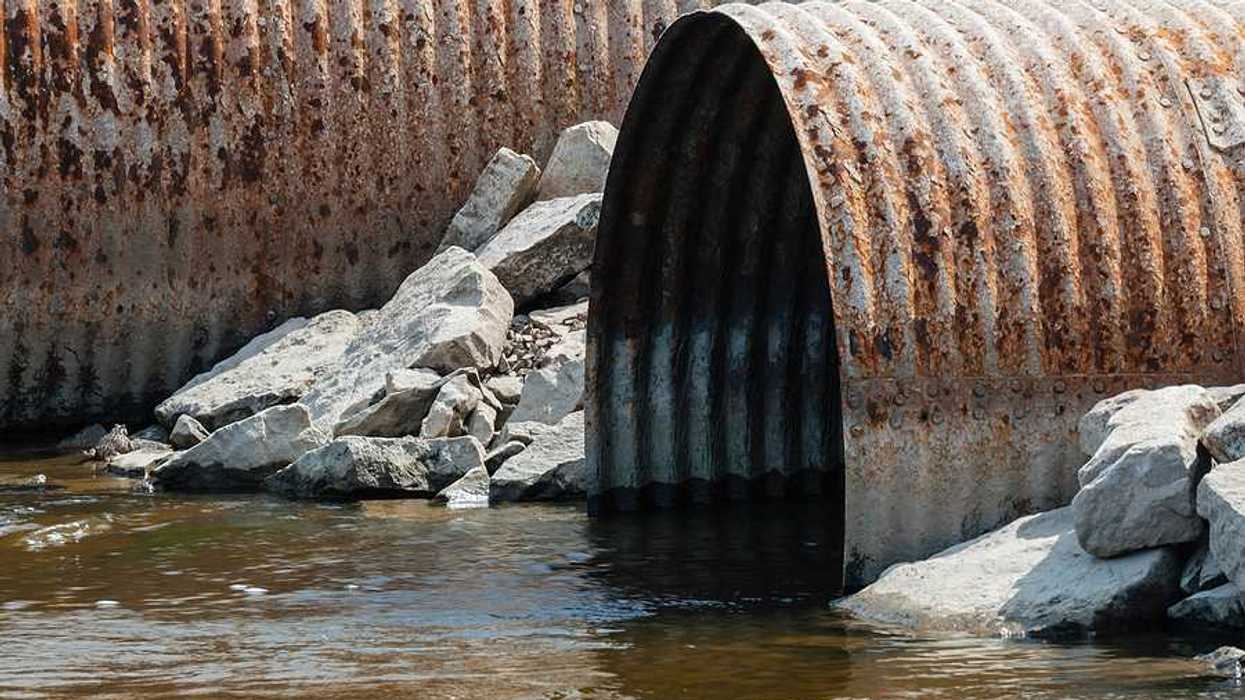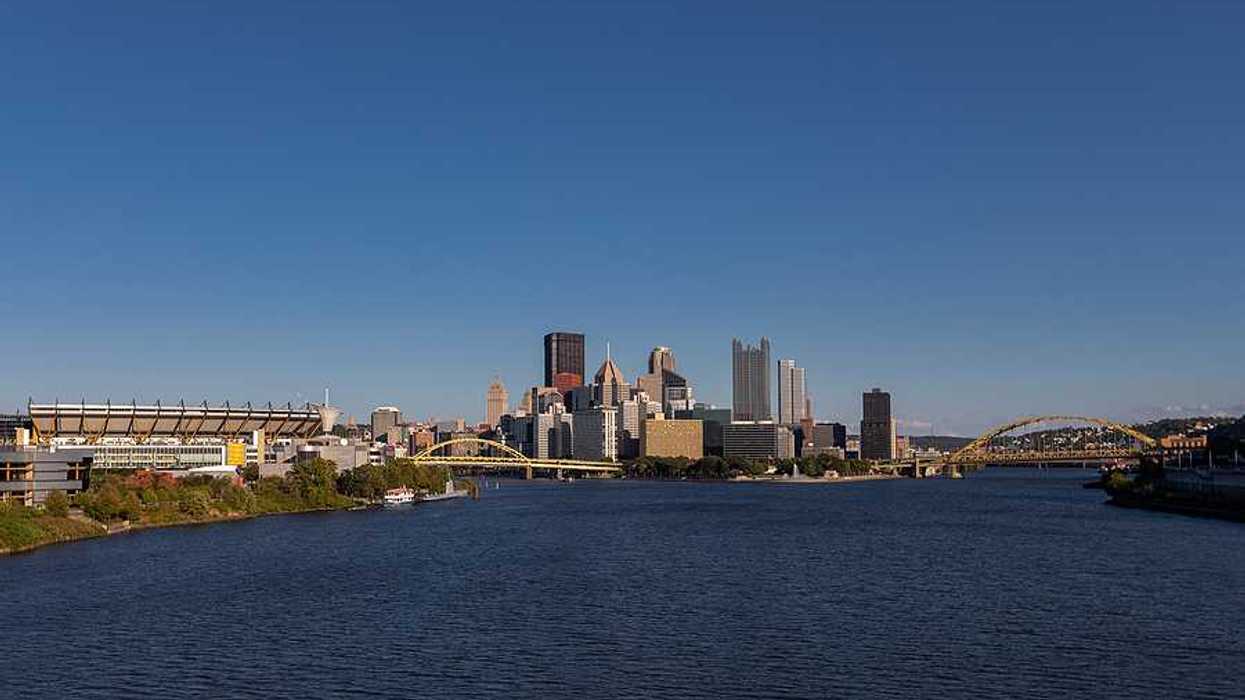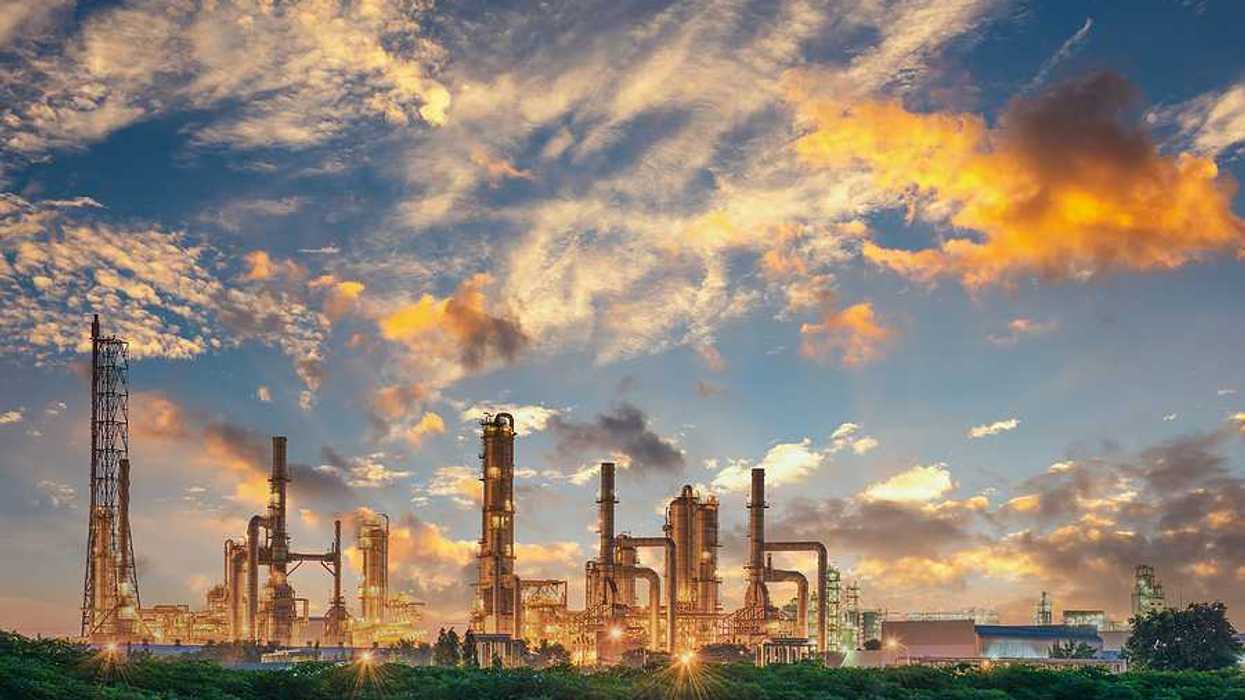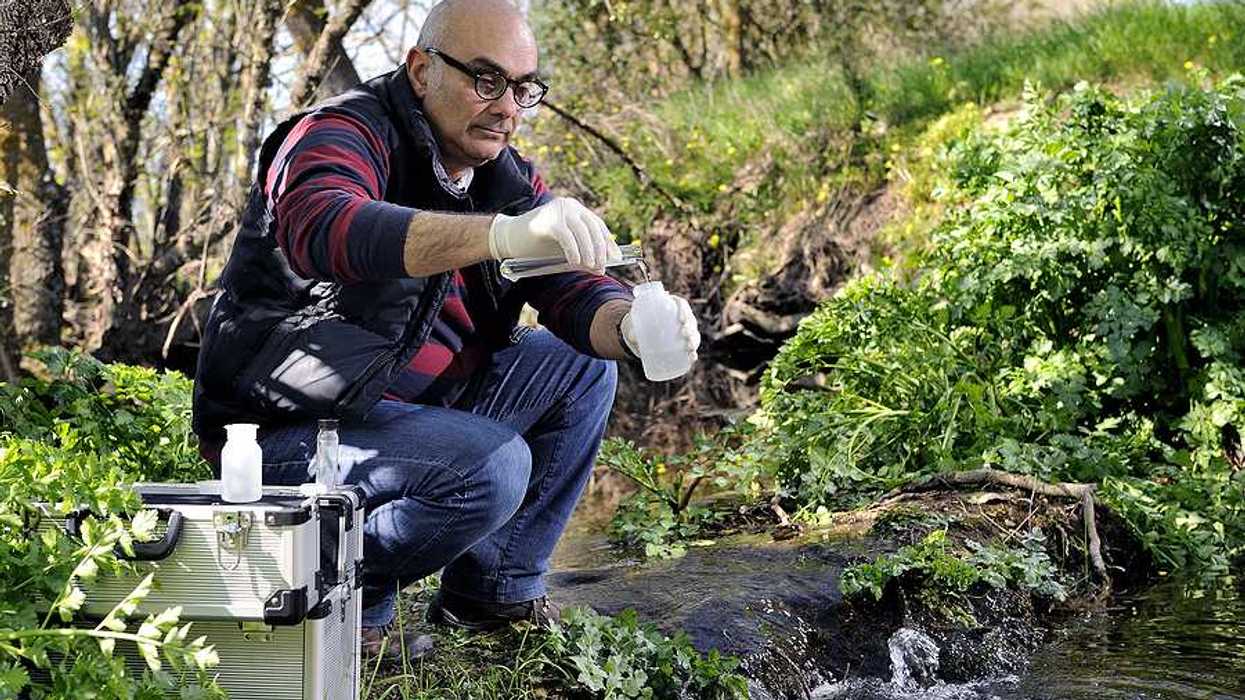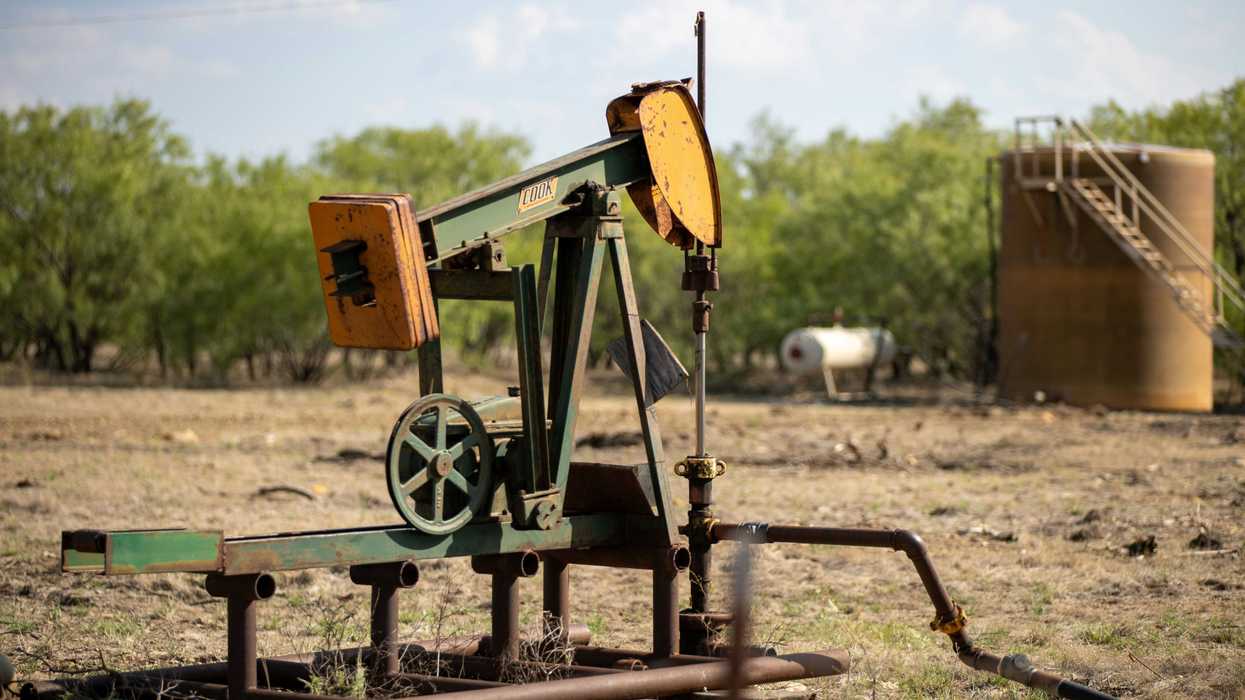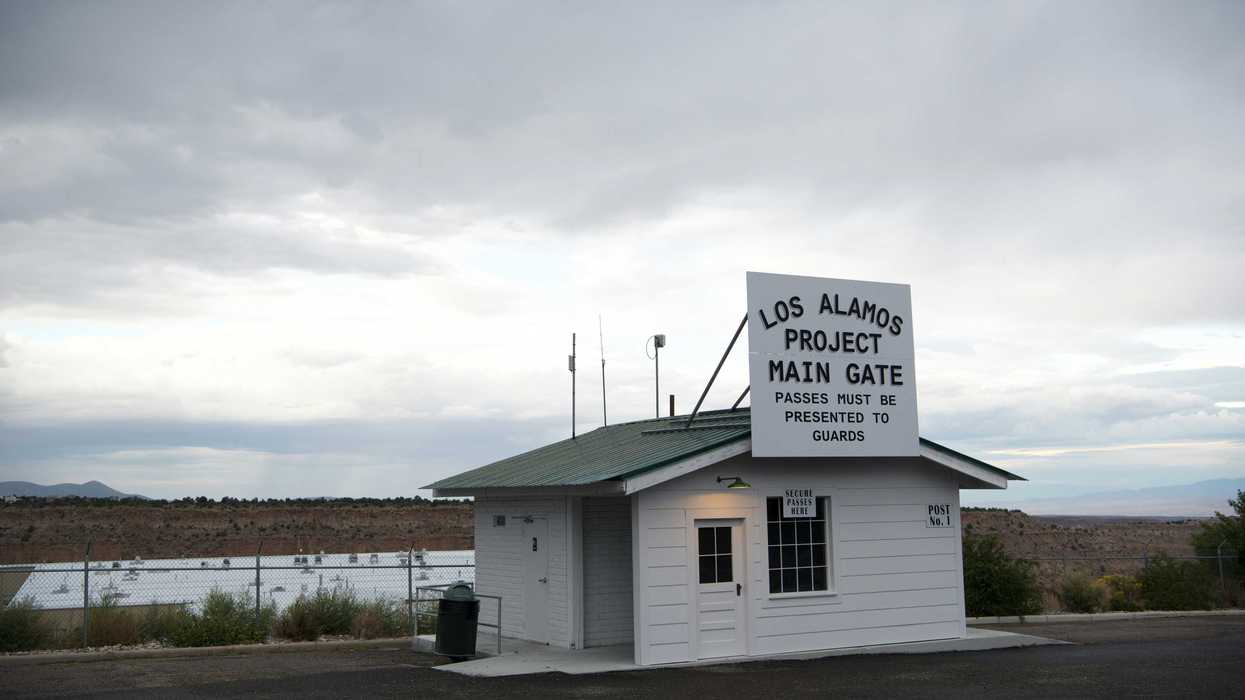In a striking contrast to its environmental pledges, Brazil is ramping up oil production, potentially becoming a top global producer.
Max Bearak reports for The New York Times.
In short:
- Brazil's state-run oil company, Petrobras, plans to significantly increase oil production, aiming to become the world's third-largest oil producer by 2030.
- This expansion challenges President Luiz Inácio Lula da Silva's environmental and climate commitments, including reducing Amazon deforestation and promoting renewable energy.
- Despite global calls for reducing fossil fuel reliance, Petrobras and Brazil see their oil development as essential for economic growth and poverty alleviation.
Key quote:
“Having it both ways is very much part of Brazil’s policy DNA.”
— Oliver Stuenkel, professor at the School of International Relations at Fundação Getulio Vargas in São Paulo
Why this matters:
Investing in new oil infrastructure and exploration can lock in dependency on fossil fuels for decades, diverting resources from renewable energy investments. This not only hampers the transition to a greener economy but also risks creating stranded assets—investments that will become obsolete as the world moves towards more sustainable energy sources.
In the U.S., oil and gas production is responsible for $77 billion in annual US health damages.


